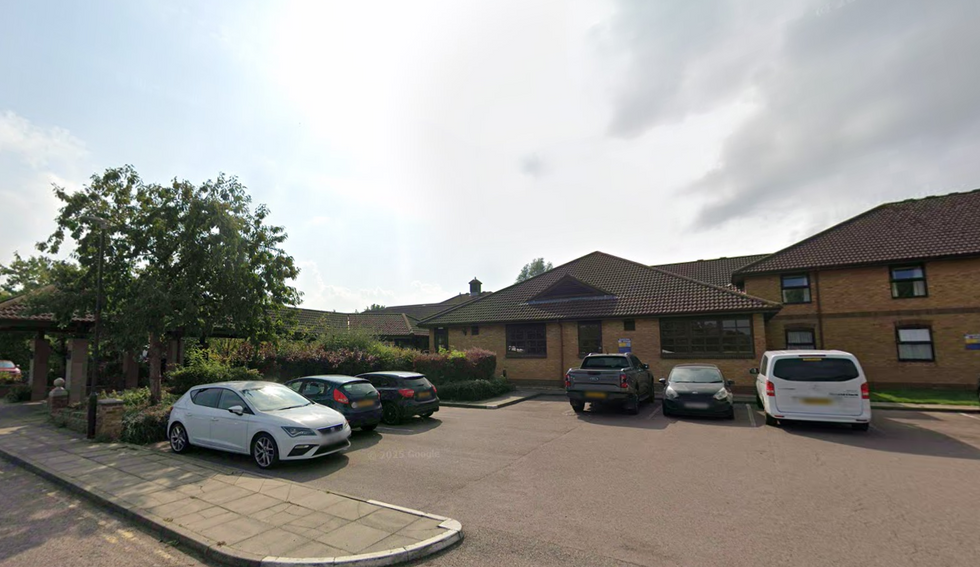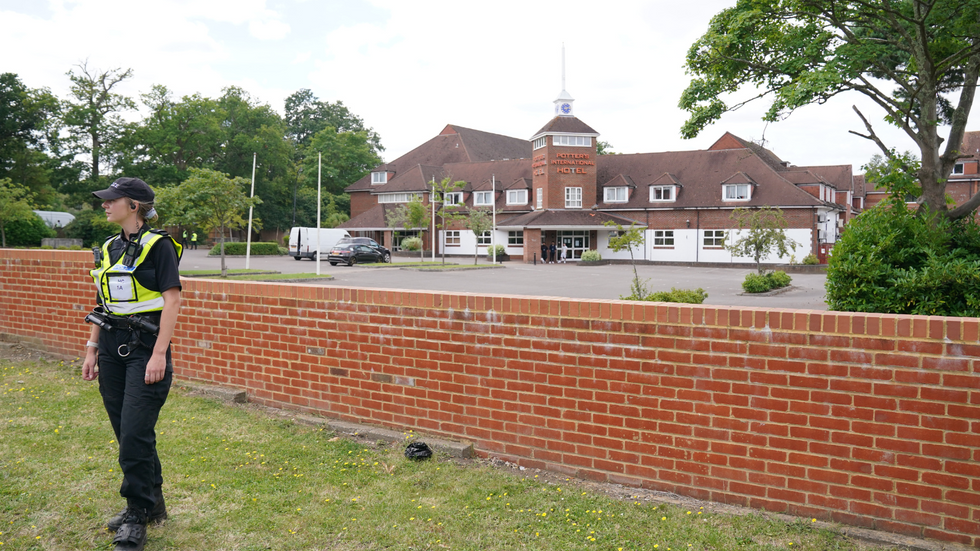



Ministers have unveiled ambitious proposals to relocate thousands of asylum seekers from costly hotel accommodation into council-managed properties and renovated vacant homes throughout Britain.
The initiative represents a fundamental shift in housing strategy for migrants awaiting asylum decisions.
The Government intends to collaborate with local councils to acquire or lease residential properties nationwide, The Telegraph has revealed.
These partnerships would enable councils to purchase or refurbish buildings before leasing them to the Home Office.
Approximately 32,000 asylum seekers currently occupy around 210 hotels across the country, according to recent Home Office figures from March.
This marks an increase from nearly 30,000 when Labour assumed power last June, though significantly below the September 2023 peak of 56,000 residents across 400 establishments.
Trial programmes are exploring diverse approaches to accommodation provision, with roughly 200 councils indicating willingness to participate.
One model involves Government funding for councils to acquire or restore properties, subsequently leasing them to the Home Office for migrant housing.

GOOGLE MAPS
| Nearly 150 male asylum seekers are housed in the Dragonfly hotelAlternative proposals include bringing derelict properties back into service for both local rough sleepers and asylum seekers simultaneously.
Home Office's director general for customer services Joanna Rowland said: "The pilots are looking at various ways to provide accommodation, for example, putting a grant to local authorities and leasing back the property.
"There are elements of: could we give grants to remediate void properties?"
Government statistics reveal approximately 700,000 unoccupied dwellings throughout England, with London alone accounting for 93,600 whilst Birmingham, Leeds and Liverpool collectively contain 35,000 vacant properties.
The Home Office has introduced stringent measures requiring asylum seekers to accept relocation orders or face eviction from taxpayer-funded accommodation.
Migrants who twice reject transfer requests will forfeit their housing and weekly £49.18 subsistence payments under this "firm-but-fair" approach.
Officials report hundreds of weekly refusals hampering efforts to reduce hotel dependency. Some establishments remain operational for merely three residents due to relocation rejections.
This enforcement coincides with unprecedented Channel crossing figures, reaching 24,000 migrants this year—a 50 per cent surge.
 PA |
PA |
Migrant hotel in Aldershot
Beyond 80,000 pending initial asylum applications from March, an additional 41,000 rejected applicants have lodged appeals, many requiring accommodation.
Sir Keir Starmer emphasised the urgency, telling the liaison committee: "We have to take over other accommodation, and we have to drive down the asylum lists. There is no alternative."
Several communities have mounted fierce opposition to proposed asylum accommodation sites.
Fareham residents successfully blocked plans for a 27-flat development intended for 70 migrants, whilst Waterlooville inhabitants gathered 9,000 signatures opposing the conversion of high-street flats above an empty shop for 35 asylum seekers.
Former student residences in Huddersfield designated for nearly 700 migrants remain unused over twelve months after initial announcements.
Conversely, Islington council proceeds with acquiring up to 900 ex-council properties for both rough sleepers and refugees.
Angela Rayner, Communities Secretary, advocates granting councils authority to commandeer buildings vacant for six months, reducing the current two-year requirement.
Her department dismissed suggestions these powers would facilitate asylum accommodation seizures as "pure speculation".
